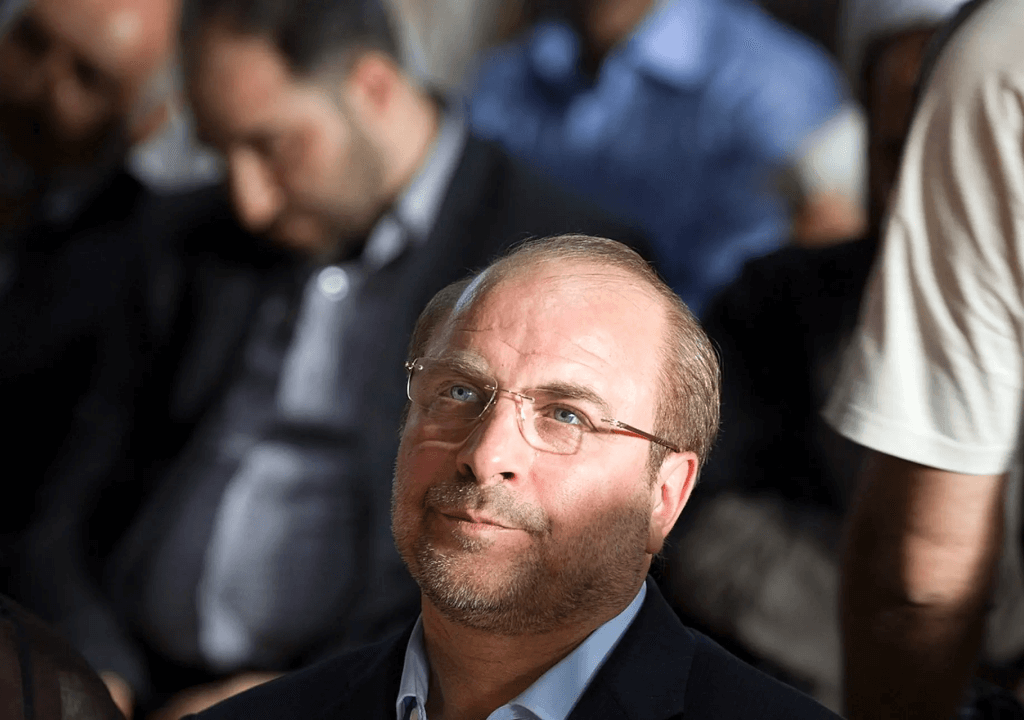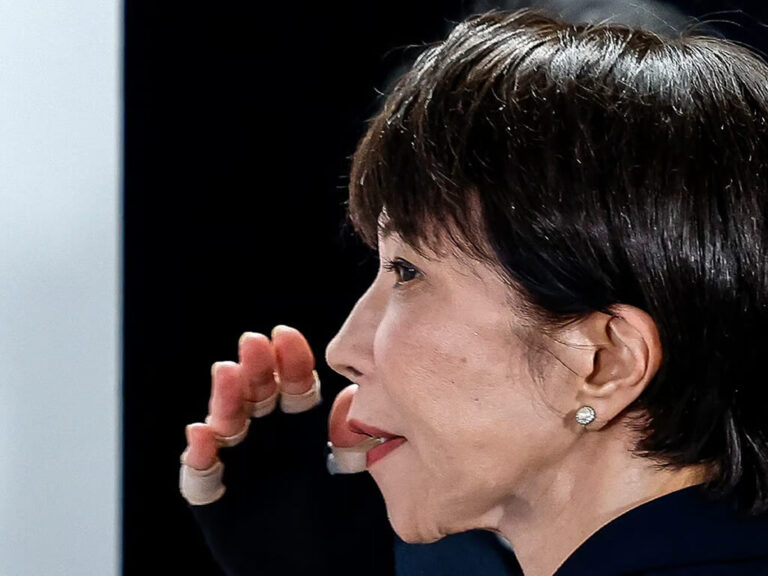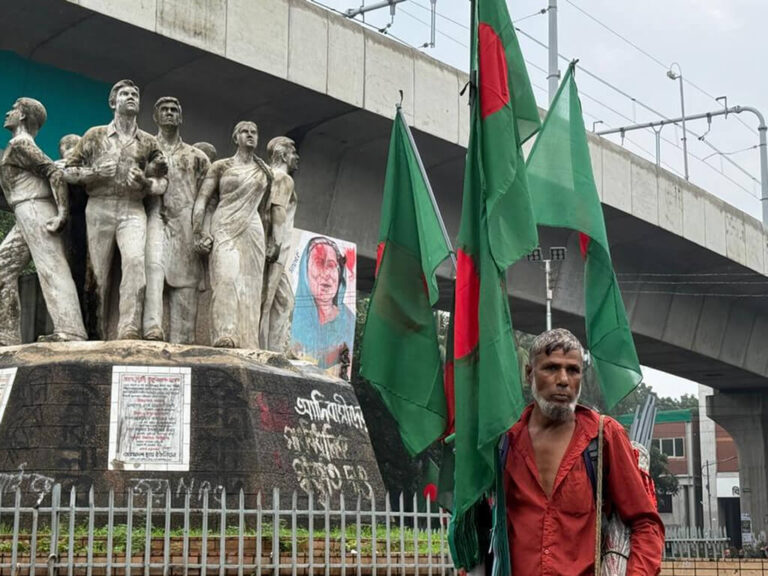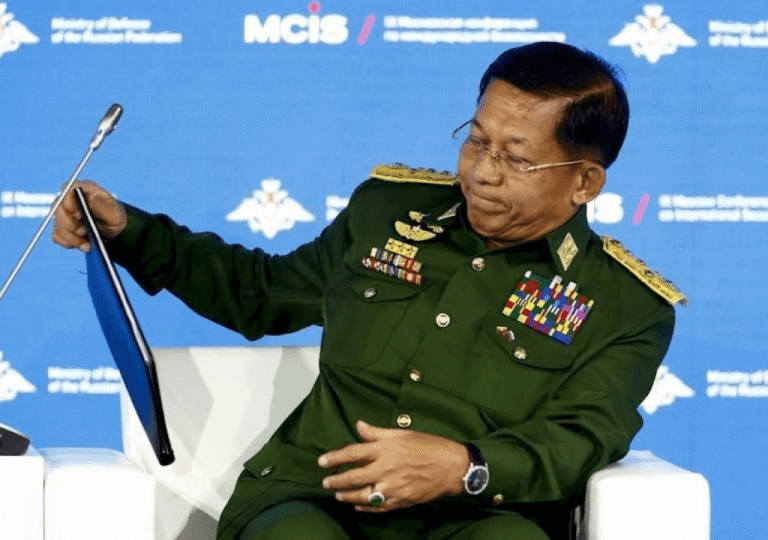The Islamic Republic of Iran is set to conduct the first round of its presidential election on June 28th. This swift election follows the unexpected death of President Ebrahim Raisi in a helicopter crash. According to the Islamic Republic’s constitution, a new election must be held within fifty days to fill the vacant presidential post. No one expects Ebrahim Raisi’s successor to bring significant political change, and Iran’s unpopular elections, characterized by highly vetted candidates and low voter turnout, are intended to maintain the regime’s priorities of continuity and stability.
As the regime is well aware of the public mood against them, politicians with views divergent from the Islamic Republic are banned from public politics, so they cannot even think about participating in elections. In the last race, in 2021, the Guardian Council, an elite body appointed by Khamenei that vets candidates, banned all reformists, although they do not oppose the Islamic Republic. This time, however, one has made the cut. More options have been provided by the authorities. Masoud Pezeshkian, a doctor, MP, and former health minister whose father was Azeri and mother was Kurdish, is an interesting candidate. Cynics assume he has been picked precisely because he is unlikely to win, viewing the parliamentary speaker, Mohammad Baqer Qalibaf, as the likeliest victor among the six men running. Saeed Jalili, a former national security adviser known for his hardline religious views, is another contender. However, the ceremonial election winner is likely to be predetermined by the authorities.
Mr. Qalibaf, widely predicted to win, has repeatedly faced corruption allegations, though he is favored by the regime. He helped oversee violent crackdowns on students both as a general and as a police chief, making him indispensable to the regime in suppressing protests against it. Iran’s most powerful entities, the supreme leader’s office and the country’s military Islamic Revolutionary Guard Corps, with whom he has served and maintains strong connections, are expected to support him for the presidential role. Analysts suggest he might steer Iran towards what they regard as its inevitable future: increasingly dominated by the military rather than the clerical establishment. Qalibaf is also a former mayor of Tehran with a reputation as a technocrat, raising hopes that he might improve living conditions, despite the challenges posed by the mounting sanctions.
Even though the Islamic Republic has numerous issues to address in an election,such as women’s rights, human rights, and economic misconditions, the selection of candidates who lack the courage or obedience to the regime is the primary reason for candidate approval. This may lead to neglecting the issues facing Iran. Since most participants in the election are conservative, the candidate chosen is often the most conservative Islamist leader or the leader with the closest connection to the regime. Although candidates’ behavior towards the public and their public image also matter, the outcome of the last election, which resulted in the selection of the last president, Ebrahim Raisi, known as the butcher of Tehran due to his tough stance for the republic.
But of course, tough times are waiting for the new president. The possible hostility of a second Trump administration and the regime facing widespread discontent at home, following the suppression of the massive Women’s, Life, Freedom protests, are all factors to consider. Actions towards the people who celebrated the death of the butcher will also be interesting to watch. The evidence of recent years suggests that the regime is more concerned about conservative consolidation at the top than about legitimacy from below.
The last presidential election, held in 2021, recorded the lowest turnout ever, with only 48% of electors bothering to cast their votes. Therefore, the regime needs to appear credible and re-engage at least parts of the public. Reformists had warned of an election boycott if their candidates were barred from running. Some also speculate that the supreme leader may hope to curb factionalism and infighting within conservative ranks. However, the widespread assumption is that Mr. Pezeshkian is permitted to participate because Iran’s powerbrokers are confident he will not win. In the past, Hassan Rouhani ascended to the presidency with the backing of former president Ali Akbar Hashemi Rafsanjani; Mr. Pezeshkian does not have a similarly influential supporter. Ali Larijani, a moderate conservative who was barred from running, might have been a more formidable threat as a heavyweight figure. However, whoever wins, those in power remain confident that he will not pose a problem. Thus, the Islamic Republic will be preserved.








